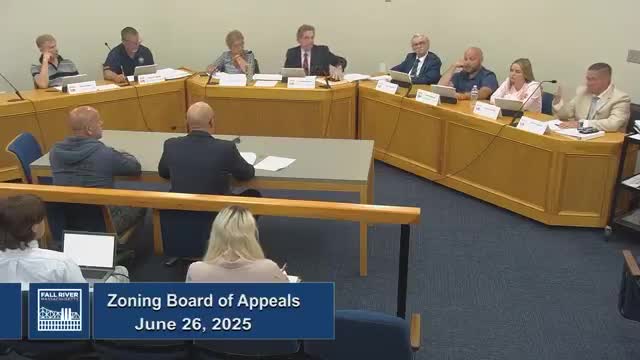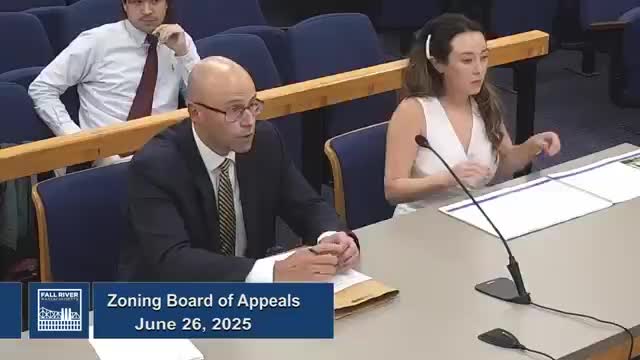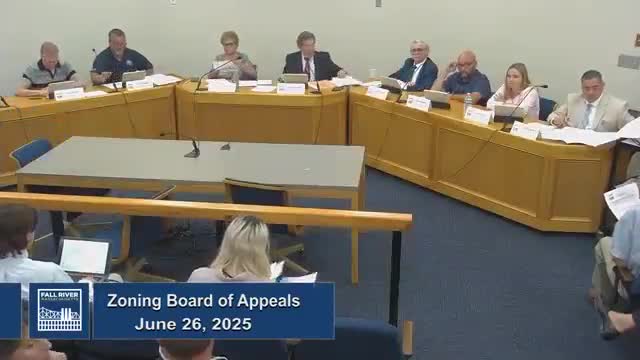Article not found
This article is no longer available. But don't worry—we've gathered other articles that discuss the same topic.

Votes at a glance: Fall River Zoning Board of Appeals, June 26, 2025

Board denies request to convert garage at 0 Saucier St.; neighbors cite fire and parking concerns

Zoning board clears Cherry & Webb building conversion to up to 70 apartments; requires secured parking and no street-facing residences on South Main

